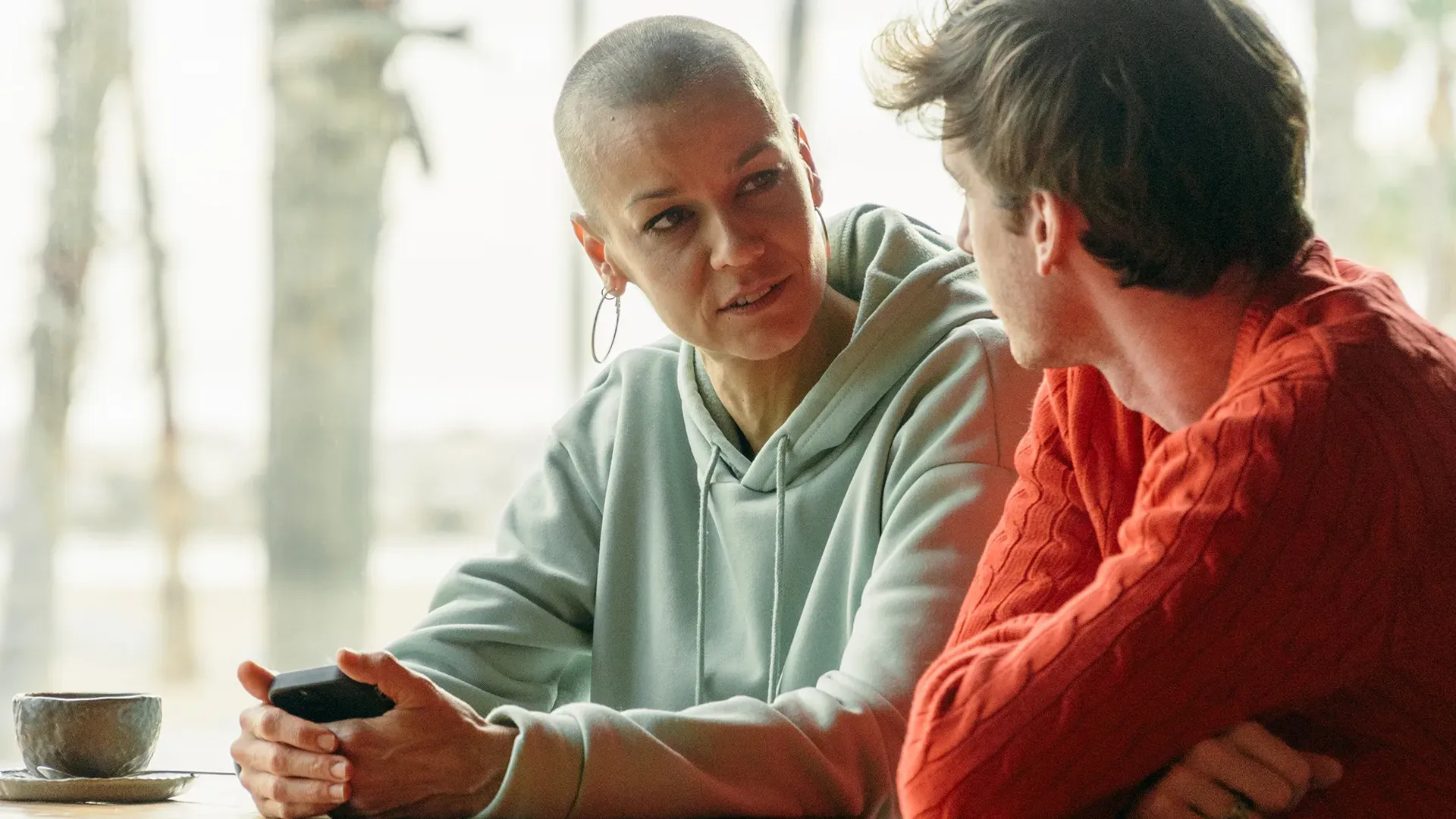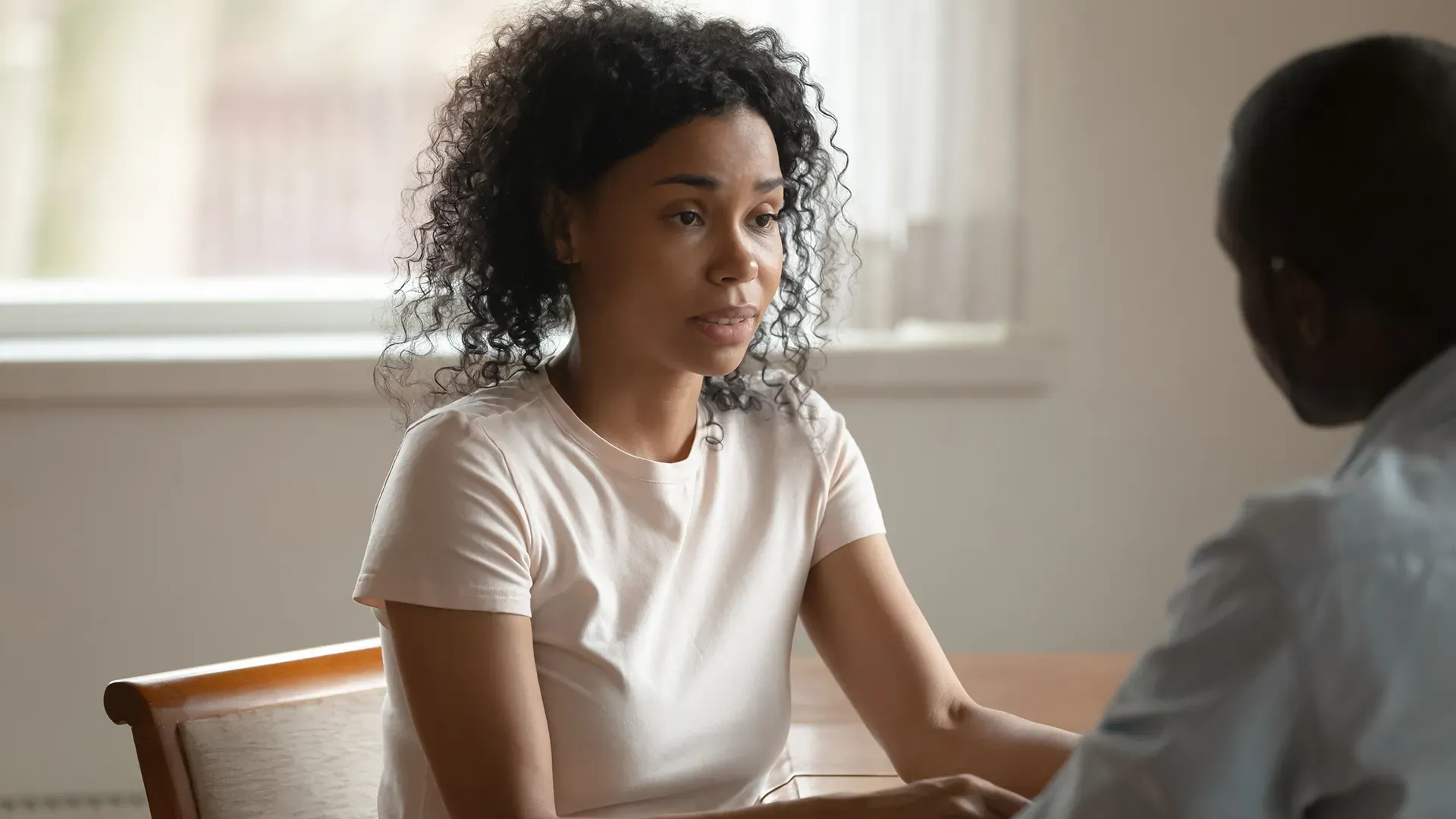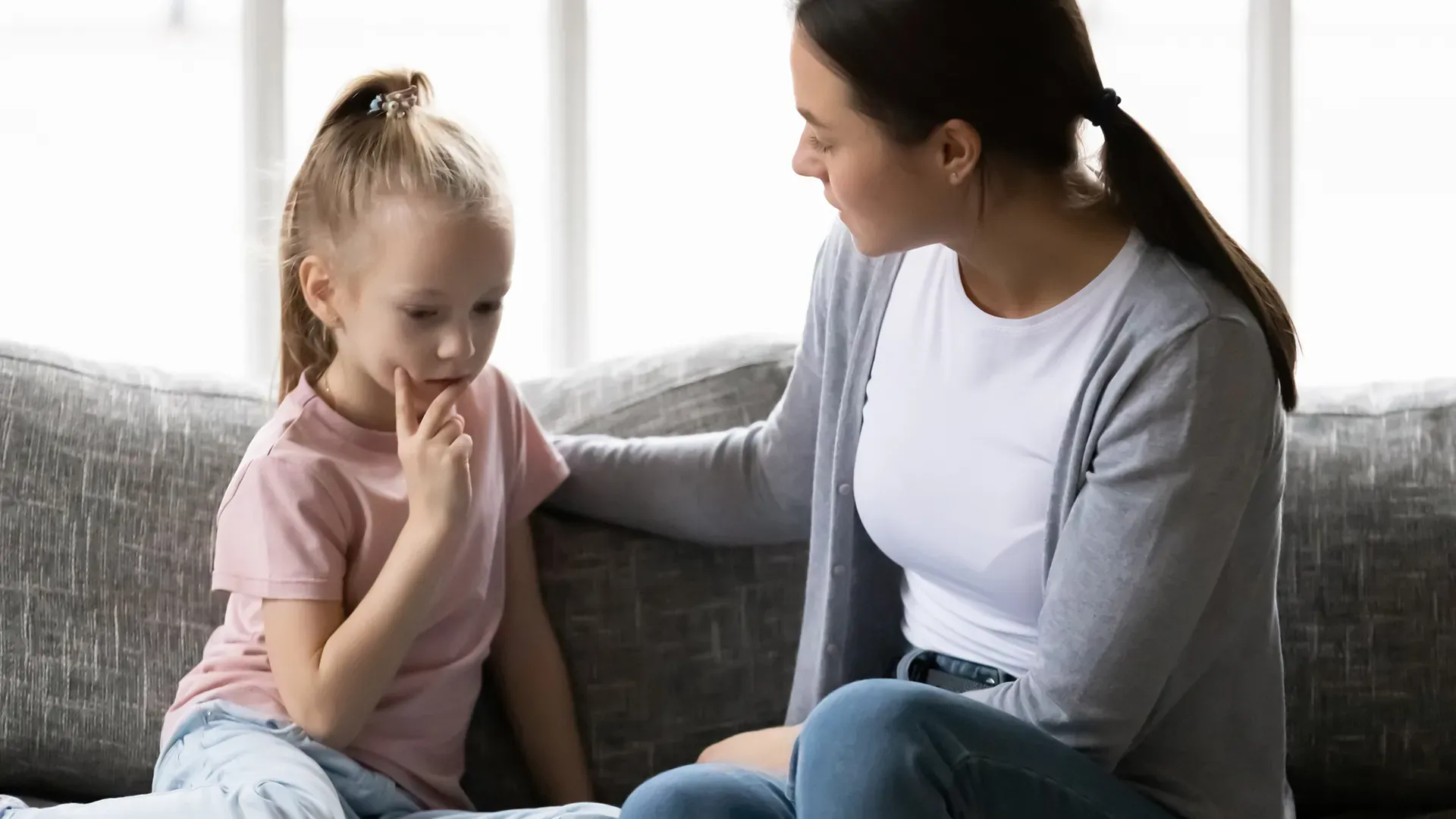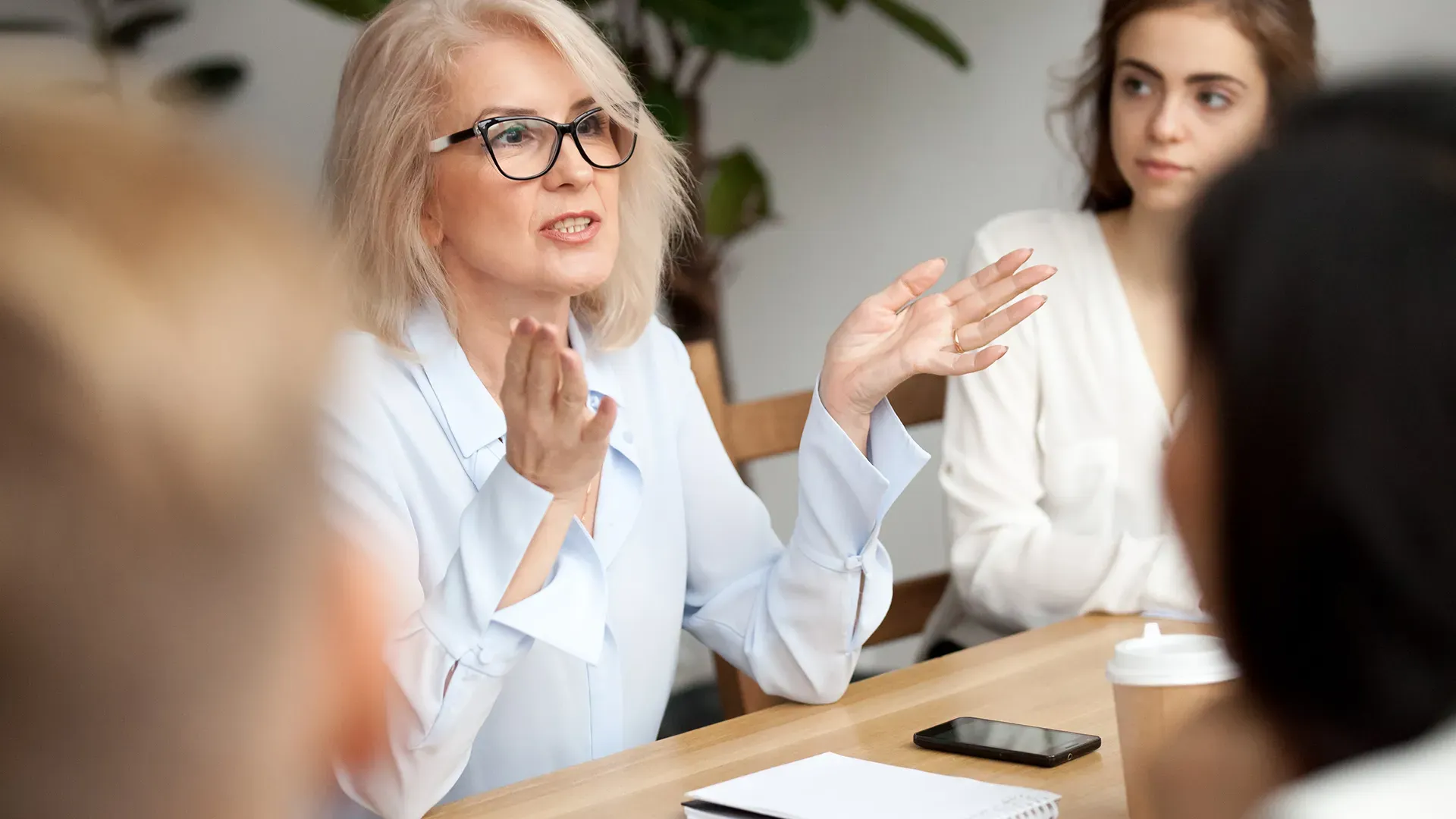If you're living with cancer, feeling supported by your family and friends may be more important than ever. Your loved ones might be eager to support you, but sometimes it's difficult to accept help. Below we’ve shared some tips on how to ask for help and comments from people that have been in a similar position.
"There were a lot of people who lifted me over the mountain"
For Barbara, who was diagnosed with multiple types of cancer over 14 years, being surrounded by caring people gave her the strength she needed time and time again. "There were a lot of people who lifted me over the mountain," she says.
Sometimes it's difficult to accept help. You might be worried about relying on your loved ones too much, or you might be fearful of making too many changes in your day-to-day life. You might also have concerns about your relationship changing with that person, particularly if they step into more of a caregiver role.
But the reality is that living with cancer may be tough, and it’s ok to lean on others.
For example, your usual routine will likely be disrupted. You'll need to make time for doctors' visits and follow-up appointments, and you might also find that you need more rest than you did before your diagnosis. It’s ok to ask others to help you with things you don’t have time for at the moment.
It's important to remember there's no shame in asking for help. Chances are your loved ones want to help you in any way they can, but they may be afraid of saying or doing the wrong thing, or they may not know what you need.
Finding the right balance is key
Knowing when to do things yourself and when to ask for help can be challenging. Your needs could change from one day to the next, so it's important for you and your loved ones to be flexible.
Lindsay, an oncology nurse who was diagnosed with stage III colorectal cancer, knows this struggle all too well. "I think your mind immediately goes to your children after being diagnosed with cancer. You wonder, am I going to be able to lift my daughter up after surgery? Am I going to be able to cook them dinner and get them up in the morning?" Like many people living with cancer, Lindsay has good days and bad days. On the bad days, she feels lucky she can rely on her family and friends.
Even when you're feeling overwhelmed and you know you need help, it can be hard to figure out what, exactly, you need. Lindsay uses a free app, ByYourSide, which is designed to help manage life with cancer. "When I was diagnosed, I had so many text messages and emails from friends who just wanted to do something, and I just didn’t really know what to tell them. I think when you're in the moment and you've just been diagnosed and your world kind of turns upside down, you just don't really know what you need."
On ByYourSide, you can use My Circle to build a circle of support with friends, family and loved ones, and ask them to help, such as picking your kids up from school, driving you to the doctor, cooking dinner and much more. Lindsay feels ByYourSide makes it easier for her loved ones to see what she needs every day. "Seeing My Circle makes me feel supported," she says.
Communication is important
Open communication between you and your loved ones is crucial. Your loved ones won't know exactly what you need unless you tell them. Maybe you need someone to babysit tomorrow, or you need a lift to a doctor's appointment next week. More often than not, your loved ones will try to support you in whatever way will be most helpful to you.
And remember it’s also ok to decline help. Maybe you enjoy cleaning the house because it relieves stress, clears your head and feels like an accomplishment. In that case, if a loved one offers to help with cleaning, this may not be what you need. Don’t be shy; let them know what would be helpful at this moment in time.
Feeling supported, expressing gratitude
Try to remember that when a loved one offers to help, they're usually doing so because they care. Even if you don't need their help right now, you may want to tell them how much it means to you just knowing you have someone you can rely on.
Not everyone is fortunate enough to have supportive friends and family to lean on. If you're looking to expand your network of support, try using ByYourSide to find events and support groups in your community.






